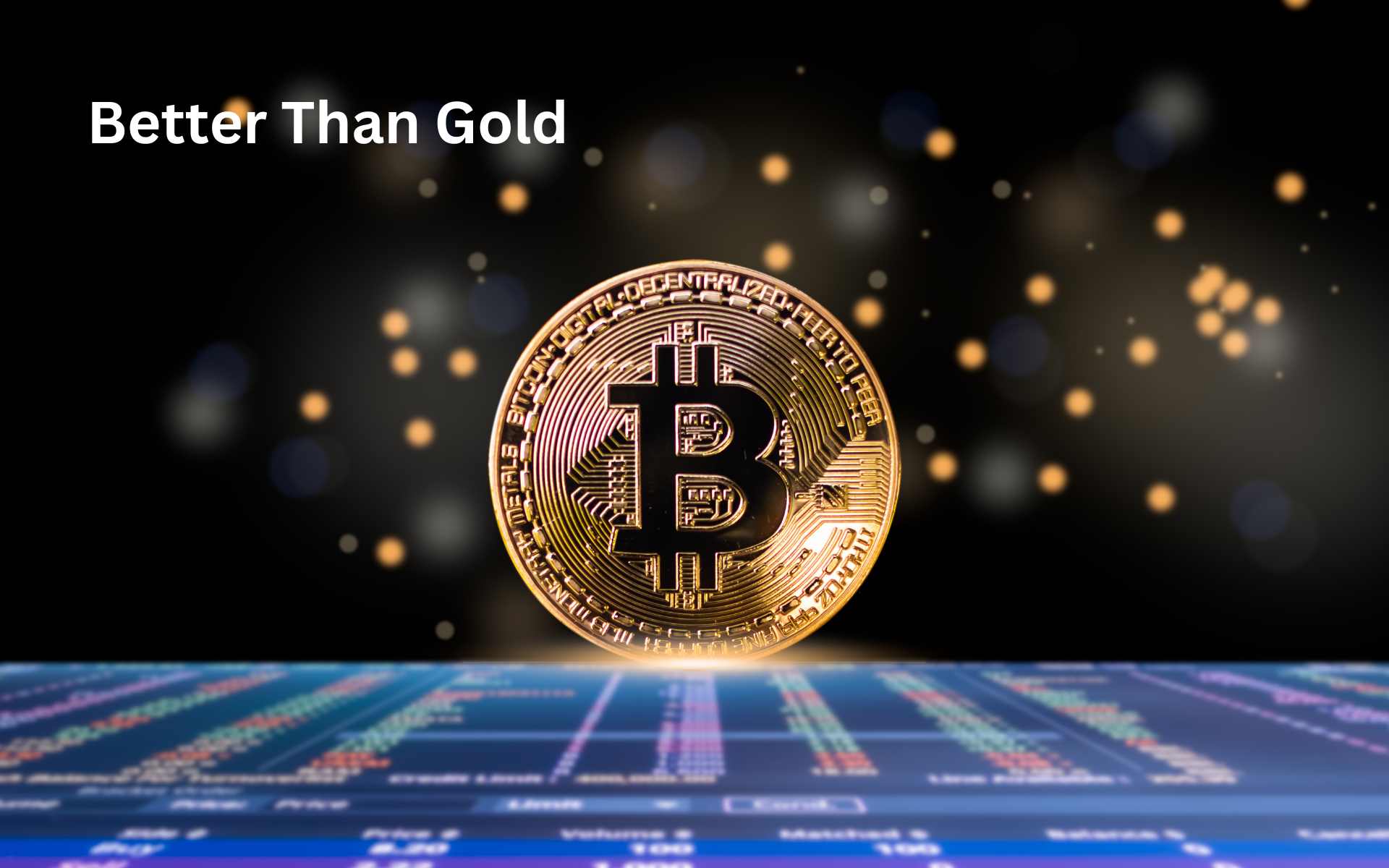Coinbase Global, one of the oldest and most popular cryptocurrency exchanges in the U.S. and Western Europe, is reportedly being investigated by the U.S. Securities and Exchange Commission (SEC) on whether it offered and allowed Americans to trade digital assets that would otherwise be deemed as securities.
SEC Probing Coinbase
According to people familiar with the matter, the watchdog is probing the exchange following its decision to rapidly support and list digital assets on its platform.
Until late 2018, Coinbase had a strict listing policy, only availing a few cryptocurrencies in Bitcoin, Ethereum, Litecoin, Ethereum Cash, and Bitcoin Cash. These digital assets were the most popular with traders of Bitcoin, in particular, confident that the regulator wouldn’t have filed a case against the exchange because the SEC categorizes BTC as a utility that doesn’t comply with the Howey Test’s criteria.
Nonetheless, in a post on July 26, Paul Grewal, the Chief Legal Officer at Coinbase, espoused confidence saying the ramp always follows a rigorous diligence process that the lead agency continually reviews. Paul added that these measures filter out assets that would otherwise be classified as an investment contract under the U.S. Securities Act.
Coinbase has a rigorous process to analyze and review each digital asset before making it available on our exchange — a process that the SEC itself has reviewed. This process includes an analysis of whether the asset could be considered to be a security, and also considers regulatory compliance and information security aspects of the asset.
Calls for More Regulation
There have been increased calls for lawmakers in the U.S. to speed up drafting laws to protect retail investors better. As the cryptocurrency market faces intense selling pressure amid unfavorable macro factors heaped directly by the FED, more investors are exiting the market at a loss.
Combined with the failures of leading but regulated crypto platforms, retail investors are the ones who end up bearing the brunt. Whenever an exchange lists an asset that turns out to be a security under the SEC, holders have to file reports, and the ramp registers with the regulator as an exchange.
Image by Sergei Tokmakov Terms.Law from Pixabay






